Room 102, Building 13, Area A, Wanyang Zhongchuang Park, Ganyao Town, Jiashan County, Zhejiang China.

When it comes to automotive repair or manufacturing, choosing the right screws and fasteners is critical for safety, performance, and durability. Cars and trucks contain hundreds of screws and bolts — from small interior trim screws to heavyduty structural fasteners. Each serves a specific purpose and must be selected based on strength, material compatibility, and resistance to vibration, corrosion, and heat.
This article will explore the different types of auto parts screws used in automotive settings, where they are typically applied, and how to choose the right one for your project.
Why Are Screws Important in Automotive Systems?
Automotive screws are responsible for holding together key components of a vehicle — including the engine, body panels, dashboard, electronics, suspension systems, and more. The wrong type of screw can lead to:
Component failure
Excessive vibration or noise
Corrosion
Poor vehicle safety or performance
Using the correct automotive screws ensures that all parts are tightly secured and perform well under constant movement, pressure, temperature changes, and exposure to moisture or chemicals.
Common Types of Automotive Screws
There are many different screw types used in vehicles. Each is designed for specific conditions and locations. Below are some of the most commonly used auto screws:
1. SelfTapping Screws
Selftapping screws are designed to create threads as they are driven into metal, plastic, or composite materials. They're widely used in automotive interiors, dashboards, and plastic panels.
Best for: Interior panels, plastic trim, fender liners
Advantages: Easy to install, no prethreading required
2. SelfDrilling Screws
These screws come with a builtin drill tip, allowing them to cut through thin metal sheets without a pilot hole. They’re often used in aftermarket installations or body modifications.
Best for: Metal sheet components, brackets, mounting
Advantages: Drills and fastens in one step
3. Machine Screws
Machine screws are used with prethreaded holes or nuts and are common in engine assemblies, electronic housings, and chassis components.
Best for: Engine covers, sensor housings, control modules
Advantages: High precision, tight thread engagement
4. ThreadForming Screws
These screws form threads in softer materials like plastics or thin metals by displacing the material rather than cutting it. They’re frequently used in automotive electronics and instrument panels.
Best for: Soft plastic housings, infotainment units
Advantages: Creates secure thread without damaging material
5. Flange Screws
Flange screws have a washerlike flange built into the head, which distributes load and helps prevent loosening. These are common in engine bay applications.
Best for: Engine components, alternators, pulleys
Advantages: Better load distribution, resists loosening
6. Torx Screws
Torx (or starhead) screws are widely used in automotive manufacturing due to their high torque capacity and resistance to stripping.
Best for: OEM assemblies, brake components, seat frames
Advantages: High torque tolerance, security feature
7. UNuts and Screws
Unuts clip onto panels or sheet metal and provide a threaded hole for a matching screw. This combination is commonly found in bumper assemblies, headlights, and interior panels.
Best for: Bumpers, grilles, splash guards
Advantages: Easy to install and remove, no welding or drilling
Materials Used in Automotive Screws
Because vehicles are exposed to vibration, temperature swings, road salt, oil, and moisture, automotive screws must be made from materials that can handle these conditions.
1. Steel (Zinc or Black Oxide Coated)
Most common
Good strength and affordability
Coated for corrosion resistance
2. Stainless Steel
Highly resistant to rust
Used in highhumidity areas or exterior applications
Slightly less strong than carbon steel
3. Aluminum Screws
Lightweight and corrosionresistant
Used in nonloadbearing or cosmetic applications
4. Titanium Screws
Very strong and lightweight
Often used in highperformance or racing vehicles
Expensive, but excellent for critical components
Common Screw Head Types in Automotive Use
Phillips: Crossshaped; common but can strip easily
Torx (Star): Resists camout; standard in modern vehicles
Hex Head: Used where higher torque is needed
Allen (Hex Socket): Neat appearance, often used in visible areas
Pan Head / Truss Head: Wide surface area; ideal for plastic panels
Where Are Screws Used in a Vehicle?
Automotive screws are found in nearly every part of a vehicle. Some key areas include:
| Vehicle Area | Typical Screws Used |
| | |
| Engine Bay | Flange bolts, hex screws |
| Interior | Selftapping, threadforming |
| Body Panels | Torx screws, selfdrilling |
| Dashboard & Electronics | Machine screws, plastic fasteners |
| Suspension | Highstrength hex screws |
| Undercarriage | Corrosionresistant stainless screws |
Tips for Choosing the Right Auto Parts Screws
1. Match OEM Specs: When replacing screws, use the same size, thread, and material as the original for safety and performance.
2. Consider Environment: For underbody or exterior parts, use rustresistant screws (like stainless steel or coated steel).
3. Use Lock Washers or Thread Lock: Prevent screws from loosening due to vibration, especially in the engine or suspension.
4. Don't OverTighten: Especially in plastic areas, overtightening can crack panels or strip threads.
5. Use the Right Tool: Match your screwdriver or bit to the head type to avoid stripping the screw.
Auto parts screws may seem small, but they play a vital role in vehicle assembly, repair, and safety. From holding your bumper in place to securing engine components, each screw has a purpose. Understanding the types, materials, and correct usage of automotive screws helps ensure reliable repairs and smooth vehicle operation. Whether you're a mechanic, car enthusiast, or DIYer, using the right screws makes all the difference.
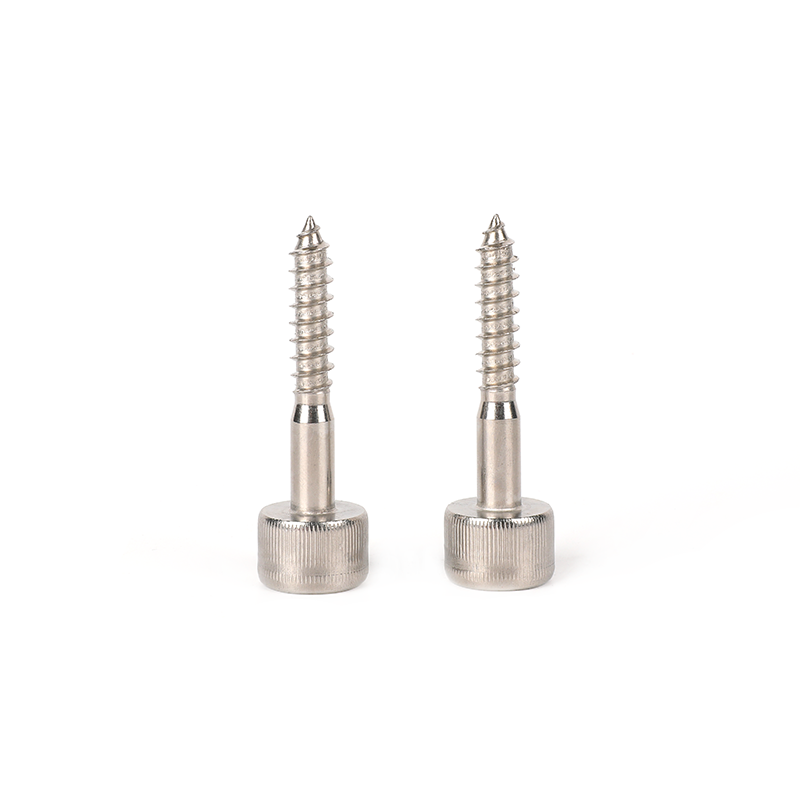

Fix anchorbolts include bolts, washers, nuts and 4PCS cylindrical shields. By tightening the bolts, the shields tubes expand and the components can be...
See Details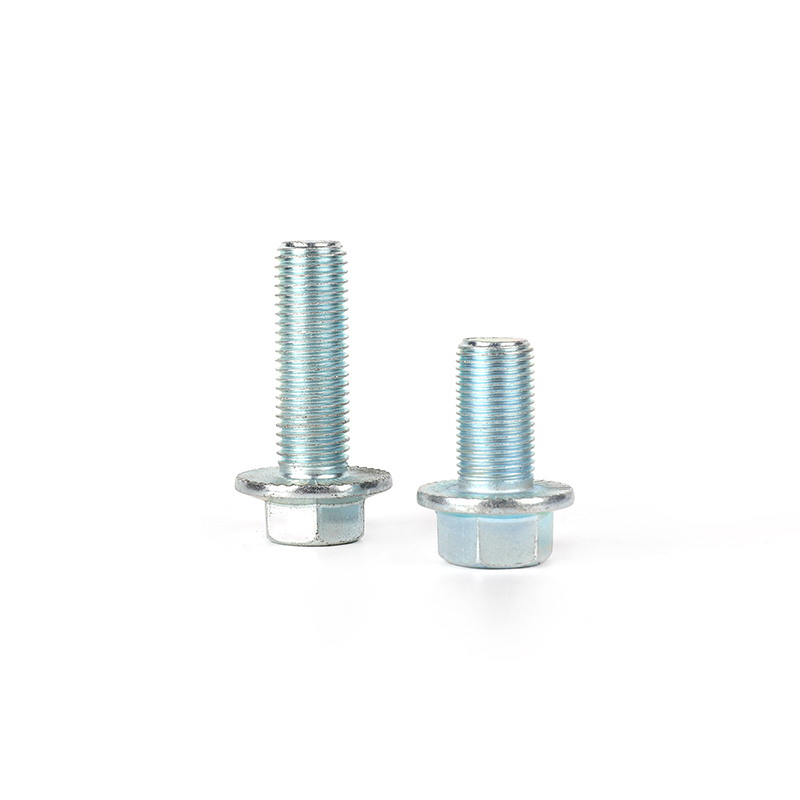
Flange bolts are specially used to tightly connect pipes and components with flanges. We produce flange bolts are solid t and durablethat, compling wi...
See Details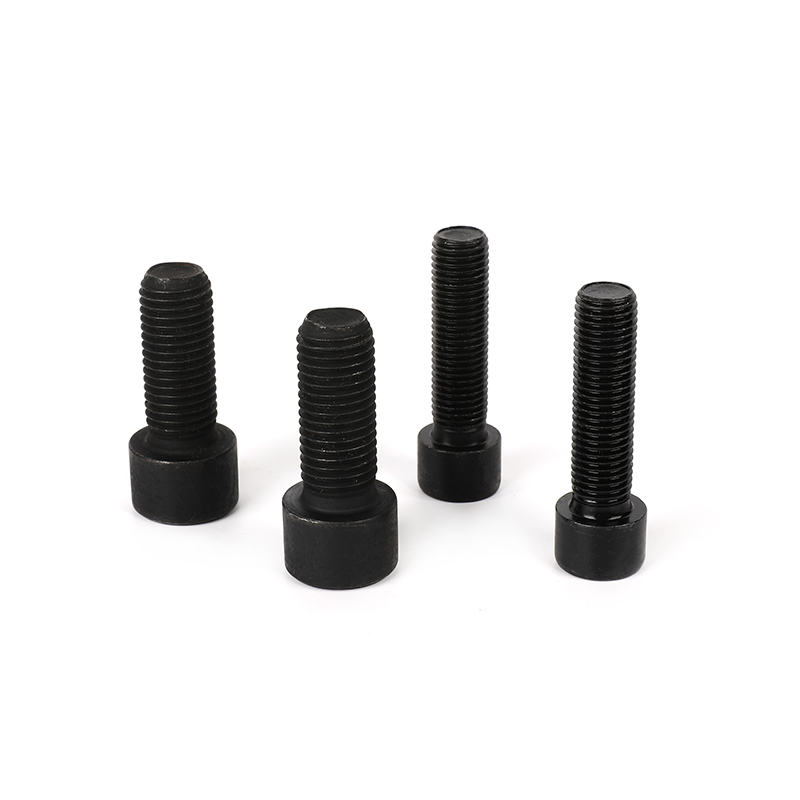
The Grade 8.8 black oxide full-thread hexagon socket bolts have an internal hex design and needs to be used with a wrench with a hex head. Its full th...
See Details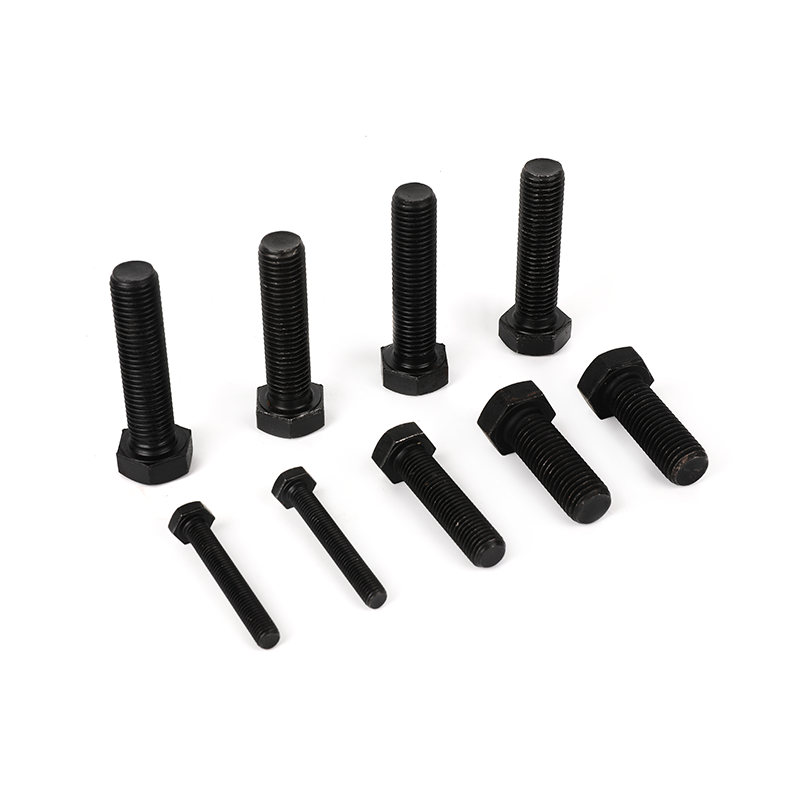
Grade 8.8 black oxide full-thread hexagon bolts is a very common fastener and requires a wrench or hex wrench to tighten it. Our hex head bolt meet th...
See Details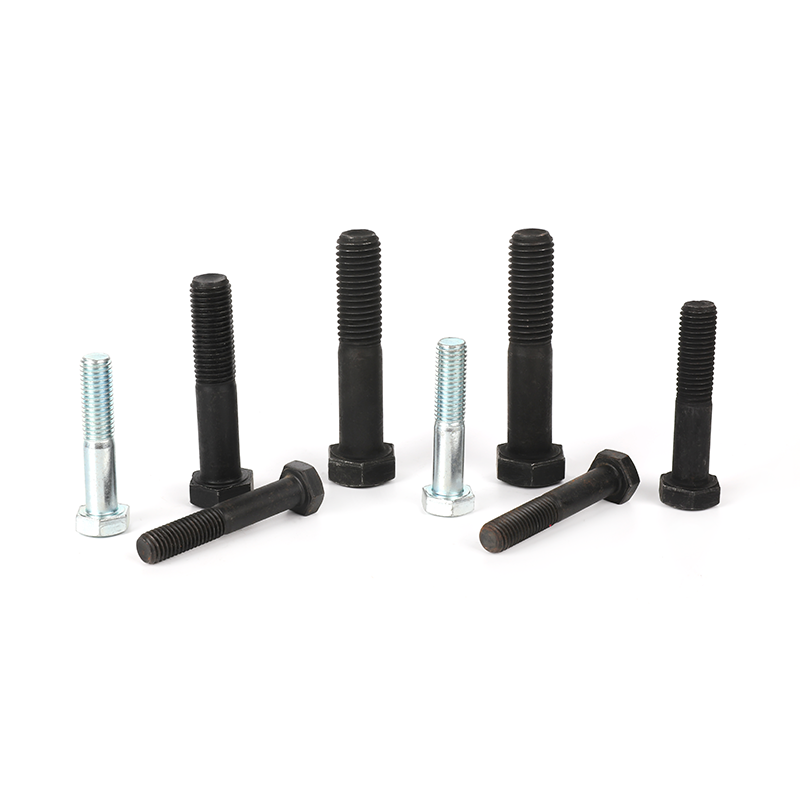
This product is made of high-quality carbon steel and undergoes a rigorous heat treatment process. It has high strength, good elasticity and toughness...
See Details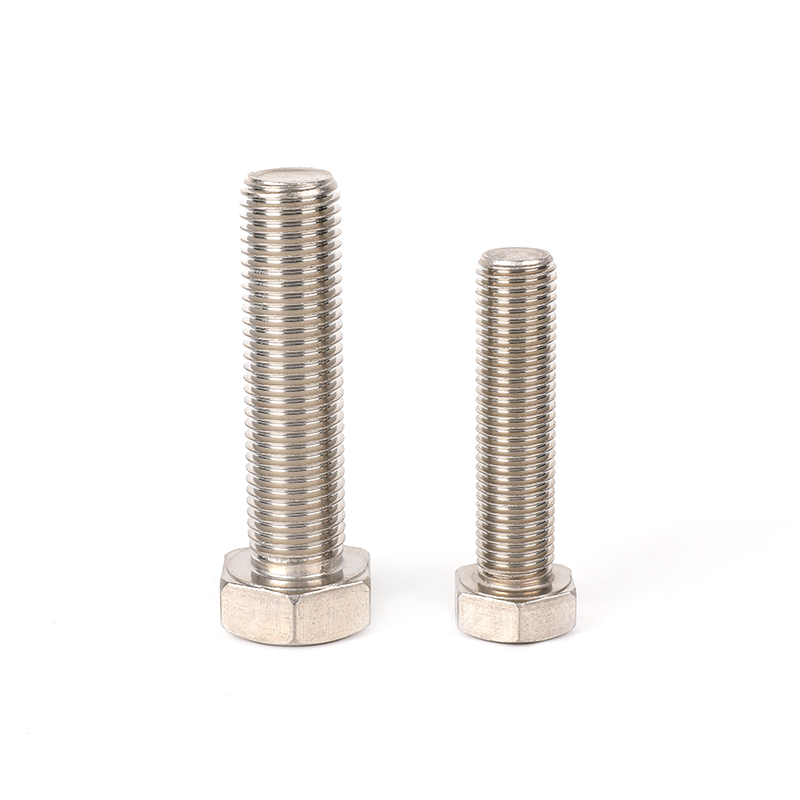
This 304 stainless steel plain full-thread hexagon bolt is a kind of fasteners made of high-quality stainless steel material and has corrosion resista...
See Details
This plain round flat head weld shoulder bolt is a fastener suitable for a variety of welding applications. Its flat head and round head design makes ...
See Details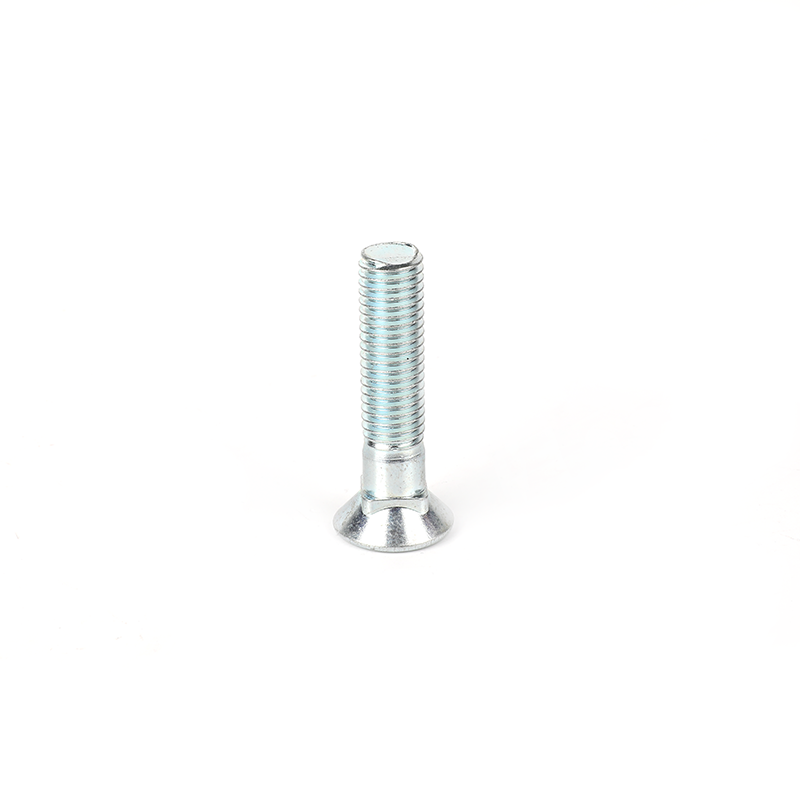
This Grade 12.9 zinc plated countersunk head square neck plow bolt has the advantages of high precision, high operability, high strength, and high ten...
See Details